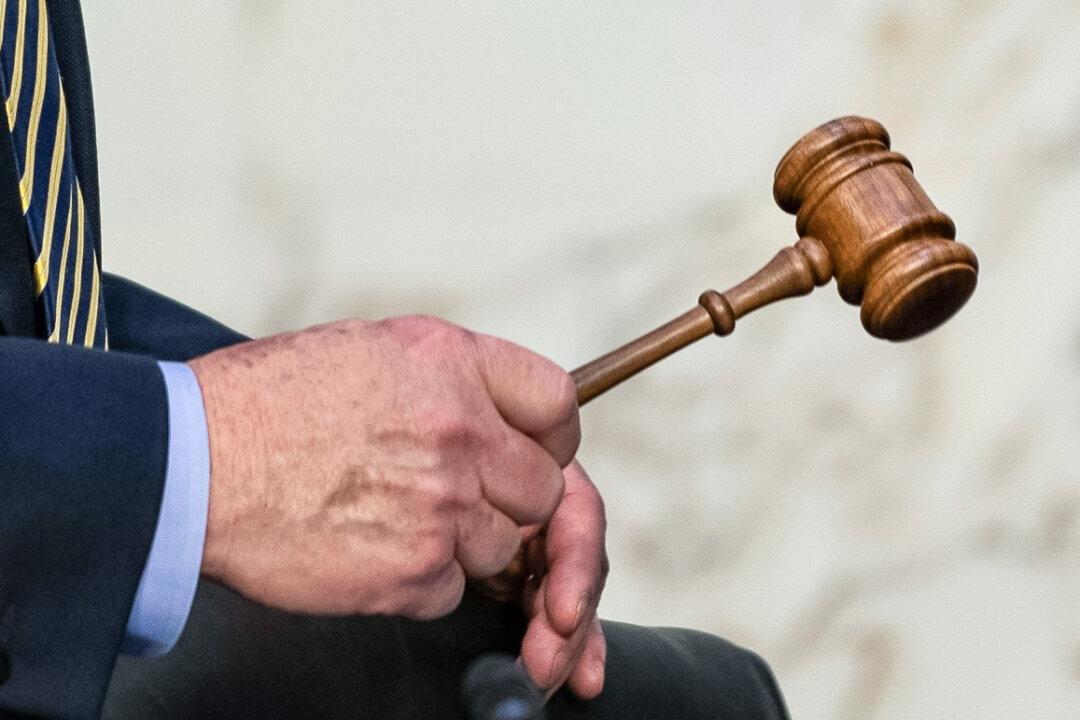A Texas man convicted of shaking his baby so violently that it caused serious injuries saw his conviction thrown out on Oct. 9.
Andrew Wayne Roark would not have been convicted if developments in science related to shaken baby syndrome were presented at his trial, the Texas Court of Criminal Appeals said.





